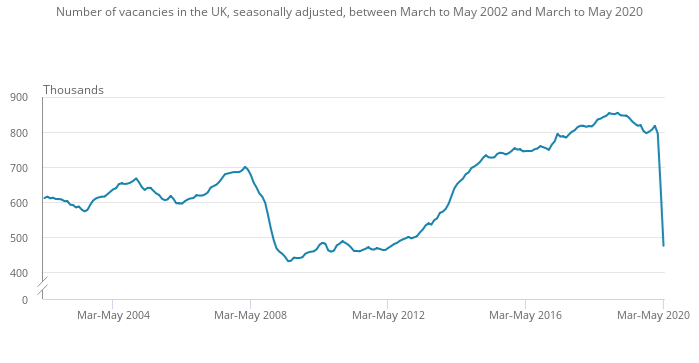Scrap (almost) everything you’ve read about Rishi Sunak’s support schemes so far – because he’s overhauled it again.
The Job Support Scheme (JSS), which replaces the current furlough scheme from 1 November, has been redesigned so that staff now only have to work 20% of their usual hours – previously it was 33% – for employers to qualify.
Any worked hours are paid in full by the employer, and for the unworked hours, the employer now only need to contribute 5% rather than a third, with the amount capped at £125 a month.
Essentially, the government will pay 61.67% of hours not worked, but this is capped at £1,541.75 per month – previously this was capped at £697.92.
Employees should get at least 73% of their usual salary, which is of course better than nothing, but would still be a raw deal for others – the caps are based on a monthly salary of £3,125, which means higher earners could stand to lose a lot.
To sweeten the deal, the government has offered the reminder that the Job Retention Bonus of £1,000 is still up for grabs. This is important – it gives employees a bargaining chip that could mean an extra few months of work, and the income from this would be substantially higher than Universal Credit.
For the self-employed, there’s additional support too. The Self-Employment Income Support Scheme (SEISS) has been doubled so that instead of 20% of average trading income for three months, workers will now get 40%.
But just two instalments are available, and they’re capped at £3,750.
Finally, there’s an additional business grant for businesses in high alert areas – or tier two – which varies depending on the rateable value of the properties they occupy.
This will help stymie some of the costs for businesses in these areas, who may be forced to close due to a lack of trade rather than because of a government requirement. If you’re affected or know someone who is, make sure they read up on what additional help they’re able to access.





1 thought on “Rishi Sunak has expanded support schemes again”
Comments are closed.